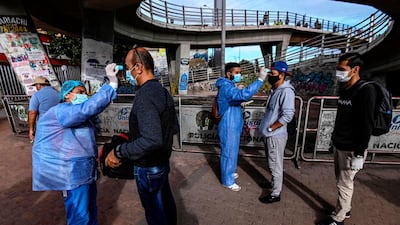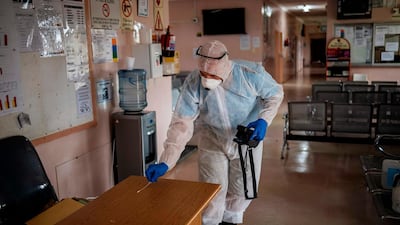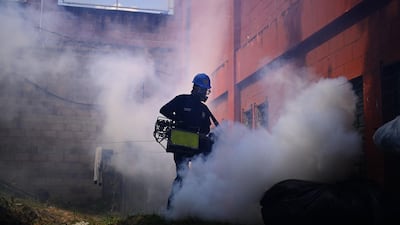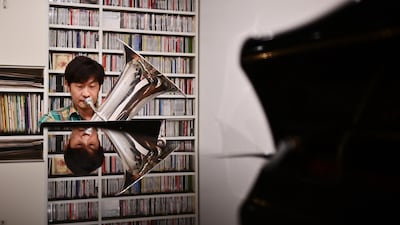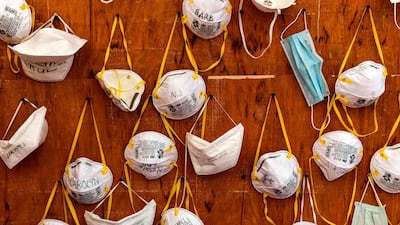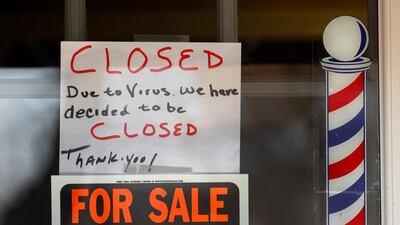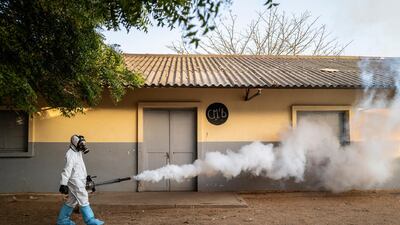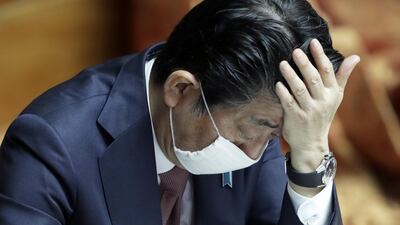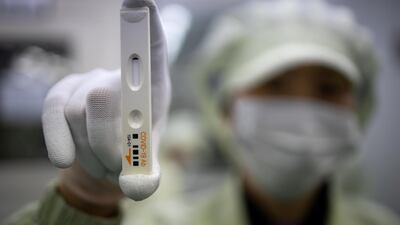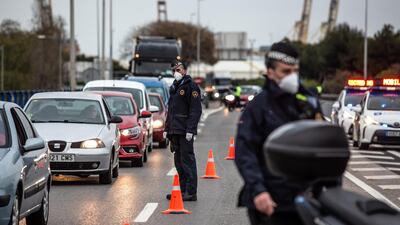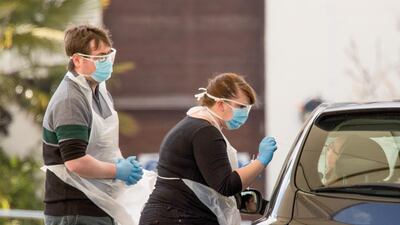Emirati doctors who have decided to remain at their posts in Germany during Europe’s coronavirus outbreak have spoken of their confidence in the country’s response to the crisis.
As the Europe has become the area worst hit by the global pandemic, the response in Germany to the public health emergency has been held up exemplary.
While the country’s battle with the virus passed a grim milestone on Friday as its death toll passed 1,000 and the number of infections climbed closer to 80,000, experts have said the spread of the disease is slowing.
Widespread coronavirus testing at a far higher rate than has been the case in the country’s European neighbours has played an important role the low morbidity rate. More than one million individuals have been tested for coronavirus in Germany.
However, experts have also attributed Germany’s remarkably low death rate to its relatively high number of hospital beds and the high capacity of its Intensive Care Units.
Dr Khalifa Almeqbaali, a resident at Regensberg Psychiatric Hospital in Bayern, said he had been called back to work from vacation to deal with the coronavirus outbreak under Germany’s pandemic response protocols.
His hospital’s ICU, which normally cares for acute neurological cases, has been transformed to give extra capacity for the Covid-19 crisis.
“The emergency plan has divided us into two teams. One team to take over Covid and the other team will go to do the essential services at the hospital,” he explained.
Working on essential services at the hospital, Dr Almeqbaali explained his role freed up capacity for incoming coronavirus cases.
The doctor said because of extent of planning and the German approach to the crisis, he was confident the country would come through the mounting emergency.
“They take caution to the extreme. So now, where I am working, really everything is ok because we are waiting for the storm. Everything is prepared,” he said.
“They take into consideration the worst case scenarios and they are prepared for it. I feel really safe and happy to be in this system that is prepared for the worst,” Dr Almeqbaali added.
Dr Abdulla Alharbi, a resident in internal medicine and cardiology at Berlin's Charite hospital, told The National that he had been pulled back into intensive care to deal with the coronavirus.
The Charite hospital, one of the largest hospitals in the whole of Europe, has been restructured to deal with the pandemic. Two distinct intensive care departments have been set up to separate Covid-19 patients from those acute patients not suffering from the contagious disease.
Dr Alharbi is now treating those patients not suffering from Covid-19 but the whole hospital has had its capacity stretched by the crisis. “Everything has been directed to us. The patients have been sent over and the workload has been more,” the cardiologist said.
“The bottom line is it has been a hit to the system,” Dr Alharbi said, explaining that Germany, like other nations in Europe, still faced concerning shortages because of the coronavirus.
Hospitals across Europe have warned that they face acute shortfalls in supplies of essential equipment and supplies amid the frantic response to the ongoing public health emergency. In a statement urging national governments to act, the European University Hospital Alliance has said some hospitals have only days’ worth of stock for essential medicines.
“We do face shortages here in Germany, unfortunately. Industry has been redirected towards producing medical equipment,” Dr Alharbi said.
“We have scarcity but that is because those resources have been redirected towards Covid patients and we have had to deal with this,” he added.
Dr. Abdullah Alhelali, who began training as a resident doctor, at Regensberg Psychiatric Hospital two years ago said it was clear each doctor had an important role to play in the ongoing crisis and this had served as one of his principal motivations for staying.
In the UAE, authorities issued a call on March 17 for all of its citizens to return home as a matter of priority. A week later, when the threat posed by the coronavirus increased, the government suspended all inbound, outbound and transit passenger flights.
“On a very personal level, I thought my training was very important and my situation shouldn't change the mission that I came here for. I saw this as an opportunity to learn as a doctor and this is a very unique situation and very unique circumstances,” he explained.
However, Dr Alhelali added it was not just medical professionals who faced sacrifices or had work to do in the unfolding crisis. "This is a calling for all of us to step up to our roles if we are doctors, nurses, teachers, journalists, mothers or fathers and to utilise them to the best of our capabilities,” he said.

